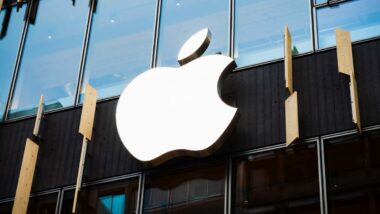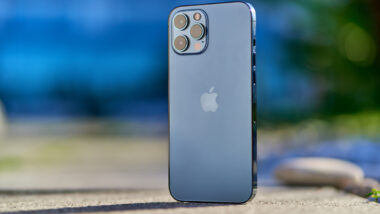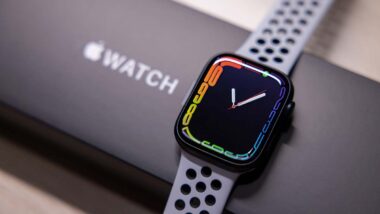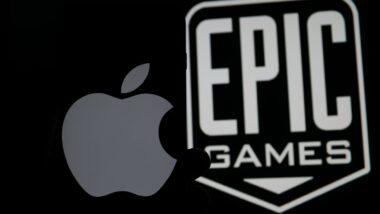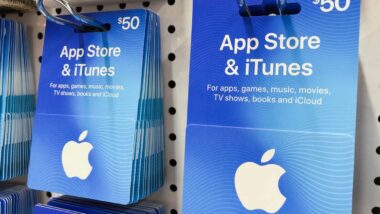Top Class Actions’s website and social media posts use affiliate links. If you make a purchase using such links, we may receive a commission, but it will not result in any additional charges to you. Please review our Affiliate Link Disclosure for more information.
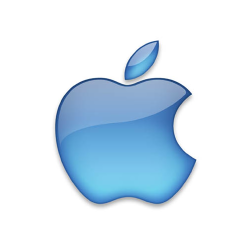
The plaintiffs sought to certify a Class of consumers who purchased Apple iPhones between 2008 and 2012, when the smartphones were only available on AT&T’s cellular network.
In denying their motion for Class certification, U.S. District Judge Yvonne Gonzalez Rogers found that the report from the plaintiffs’ damages expert failed to deliver “any data-driven analysis.”
Apple “contends only that the class definition is overbroad and that plaintiffs have not established predominance,” Judge Gonzalez Rogers says. “Accordingly, the Court limits its discussion to Dr. Warren-Boulton’s hypotheses and whether they support class certification.”
According to Judge Gonzalez Rogers, economist Frederick R. Warren-Boulton, the plaintiffs’ damages expert, introduced theories of impact and damages are “based on the existence of two ‘but-for’ worlds”: the “Truthfully Exclusive” World and the “Truthfully Non-Exclusive” World.
In the Truthfully Exclusive World, Apple would have adequately informed consumers that their phone would not be unlocked by Apple or AT&T when their initial AT&T service contracts ended. Warren-Boulton suggested that this information would have decreased the amount prospective buyers who were willing to pay.
In the Truthfully Non-Exclusive World, Apple would have agreed to unlock customers iPhones upon request at the end of their initial AT&T service contracts. Warren-Boulton argues that Apple and AT&T’s refusal to unlock consumers’ iPhones increased the costs of ownership of the Apple smartphone.
“Beyond the two articulated theories, the expert’s declaration is devoid of analysis,” Judge Gonzalez Rogers said in response to Warren-Boulton’s theories presented on behalf of the plaintiffs.
The judge says that, to support class-wide antitrust allegations, a plaintiff must show that almost all putative Class Members were harmed as a result of the defendants allegedly anticompetitive behavior.
“Here, the Court is unable to fulfill its obligation,” Judge Gonzalez Rogers says. “Dr. Warren-Boulton’s declaration is essentially lacking in any data-driven analysis” and fails to provide evidence of a common method of proof exists to show the impact of the defendant’s behavior on a Class-wide basis.
The Apple iPhone monopoly class action lawsuit was initially filed in 2012 and has been fiercely fought by both Apple and the plaintiffs. In March 2017, Apple nearly succeeded in ending the iPhone antitrust class action lawsuit; however, Judge Gonzalez Rogers found that the plaintiffs presented factual allegations to show the existence of an antitrust market.
In August 2017, the plaintiffs asked Judge Gonzalez Rogers to certify a Class of iPhone owners and AT&T customers who purchased iPhones and service plans between 2008 and 2012. In November, Apple argued that the bid for Class certification was overly broad.
The plaintiffs are represented by Marc C. Rifkin of Wolf Haldenstein Adler Freeman & Herz LLP.
The AT&T, Apple iPhone Monopoly Class Action Lawsuit is Zack Ward, et al. v. Apple Inc., Case No. 4:12-cv-05404-YGR, in the U.S. District Court for the Northern District of California.
ATTORNEY ADVERTISING
Top Class Actions is a Proud Member of the American Bar Association
LEGAL INFORMATION IS NOT LEGAL ADVICE
Top Class Actions Legal Statement
©2008 – 2024 Top Class Actions® LLC
Various Trademarks held by their respective owners
This website is not intended for viewing or usage by European Union citizens.




